Is it possible to have Xcode run your unit tests multiple times?
I had an issue in several unit tests that caused intermittent failures. Now that I think I've fixed it, my only option appears to mash ⌘ + U until I'm 95% confident the bug is gone.
I know other unit testing frameworks make it quite easy to run a single test, test case, or test suite multiple times. Do we have this luxury in XCTest yet?

